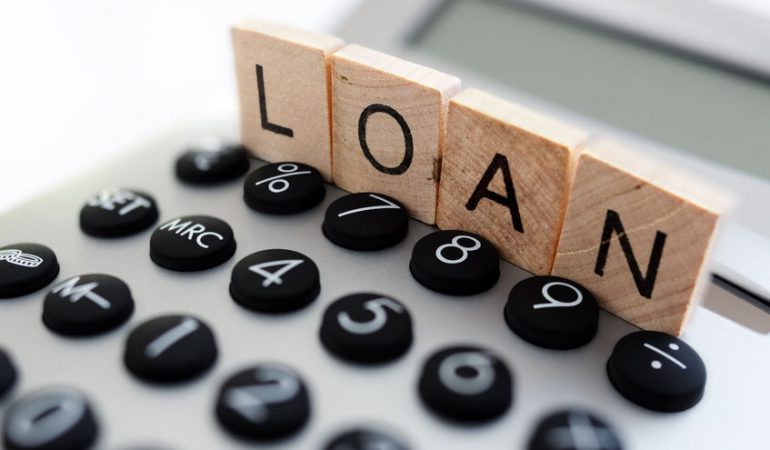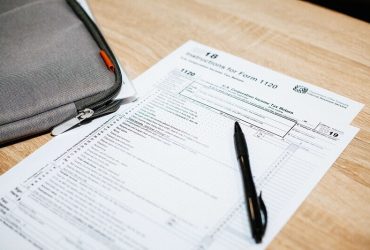Cheap loans are driving us towards a cliff
While the government focuses on curbing corporate excesses, it is ignoring the economy’s flashing warning lights
ne of the defining features of financial disasters throughout history is that afterwards it seems remarkable that punters failed to see the danger. The bursting of the South Sea Bubble in London in 1720 or the stock market crash of 1929 on Wall Street look, with hindsight, to be the inevitable outcomes of an avoidable mania that should have been obvious. Yet for some reason everyone danced on — to borrow the infamous phrase of the boss of Citigroup in 2007 before the last crash — until the music stopped.
Fast forward a decade and if you have any exposure to car loans or the financial institutions involved in packaging them up, here or in the US, it might be sensible to pay attention to the flashing warning lights. The Bank of England is so concerned by what it sees on the dashboard that at the latest meeting of its financial policy committee it highlighted levels of consumer borrowing on credit cards and on cars.
Having no money and a poor credit rating is no impediment
Its warning is a reminder that fundamental problems with the UK economy have been too long overlooked by politicians, with a decade of ultra-low interest rates since the crisis having blown a borrowing bubble. Last year consumers borrowed a record £31.6 billion to purchase cars, an amount not far short of what the UK spent on defence (£34.2 billion). According to the Finance and Leasing Association, 90 per cent of private buyers used a personal contract plan, which means they pay a small deposit, make payments for several years and then have to find a large final payment or return the car. The motor market relies on a flood of finance combined with consumer confidence that has slipped since earlier this year.
In the US, Morgan Stanley warned last week about rising defaults in “deep subprime auto loans”. You will not be surprised that these loans have been bundled together, securitised and sold on to investors. Sound familiar from the last crash?
In the UK, March was also a record month for new car registrations. Although there is an element of motorists rushing to beat tax changes that came into effect on April 1, they still chose to borrow to buy rather than make do with their existing car.
This helps explain one of the mysteries of Britain since the financial crisis. How can it be, after the economy suffered a financial cardiac arrest in 2008, followed by a painfully slow recovery characterised by flat lining wages, that so many Britons are driving around in such unfeasibly expensive cars? Our roads are full, and not just in affluent areas, of “Chelsea tractors”, flash cars and SUVs costing more than £40,000.
A boom in cheap car finance has paid for it. Online there are plenty of adverts explaining that having no money and a poor credit rating is no impediment. The garages are just the frontmen for a network of financial institutions providing loans that will leave a lot of consumers stuck in the event of a downturn.
This is not a morality tale and I am not preaching. My wife will have a wry smile when she reads me reporting warnings about unwise purchases on credit cards. (I needed that new suit last month, obviously.)
It is not guaranteed either that this ends with a bang. There are encouraging signs in the European and world economies that could carry us through any reverse. But the gulf between the realities of the British economy and the latest futile fiddling about by some at Westminster is wide. On Wednesday a committee of MPs unveiled their proposals to overhaul corporate governance. No 10 is understood to be looking at returning to the prime minister’s abiding interest in this theme in the Queen’s Speech next month.
The heart sinks. It may well be that some of the individual proposals to force company boards to do better, and executives to behave, are valid. But the Mayist agenda looks like a bossy distraction when, as Crispin Odey, the hedge fund boss, put it last year, central bank policy since the crisis has been “killing capitalism”.
How so? Excessive cheap money and money-printing, designed to prevent the last crisis turning into a depression, was continued for too long and has now come close to breaking the transmission mechanism in the economy that is central to the workings of a market economy. That is the link between saving and financial institutions channelling that money towards promising and established businesses that can turn it into profit. The savings ratio fell to its lowest level — 3.3 per cent — since records began in the 1960s and the British Bankers’ Association reported a £1.6 billion fall in February in lending to small businesses.
Instead, financial institutions needing to make money, which is more difficult when interest rates are low, have looked for other sources of easy profit. Hence the excess of car loans and credit cards. The result is consumers borrowing too much, and fury from savers. May acknowledged this in her party conference speech last October, and then backed off.
What can be done? With high debt and an ageing population there really is no shortcut. It will take higher rates and a strong dose of capitalism and innovation. Some of the signs in the private sector are encouraging, however. Even if a chunk of the UK’s record number of company formations are ghost firms, the British have in recent years embraced the entrepreneurial revolution in a manner that provides great hope for the future.
The government must concentrate on encouraging this, not spending months or years fiddling around with reviews, micro-managing boards and getting compliance departments to fill out more forms. May’s ministers should be gutting and simplifying the tax system all the time, making it easier for companies to expand and powering growth. That, not cheap car loans, is what can keep the UK economy motoring beyond Brexit.




